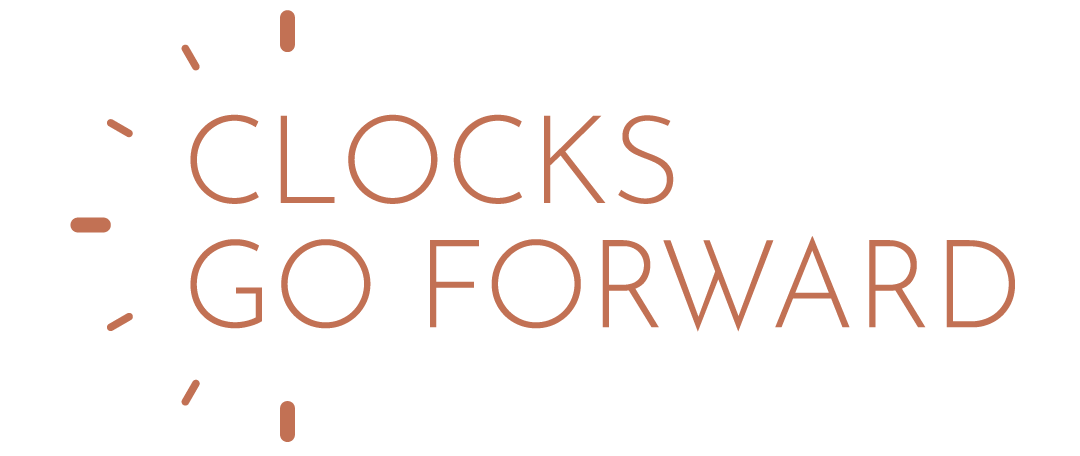As Morgan Housel put it, “the most important part of every plan is to plan on the plan not going according to plan.”
A rule of thumb: keep 3-12 months’ worth of living expenses available for the unexpected. Although, depending on your circumstances, it may be prudent to set aside more or less.
For example, if you own a home instead of renting, you can have more expenses because you are responsible for repairs.
If a large portion of your assets are invested, you may need an extra cushion because, ideally, you leave your investments uninterrupted for long-term goals.
If you are self-employed or have a varying income, you will need a larger emergency cash fund as you may not have a consistent paycheck and could have dry spells where you don’t have enough cash to cover your bills.
Where should I keep it?
Where you keep your emergency savings is a personal decision, whatever works best for you.
You may consider a separate savings account or a line of credit.
If you want to discuss your emergency reserve needs, please let us know. We would be glad to help.







